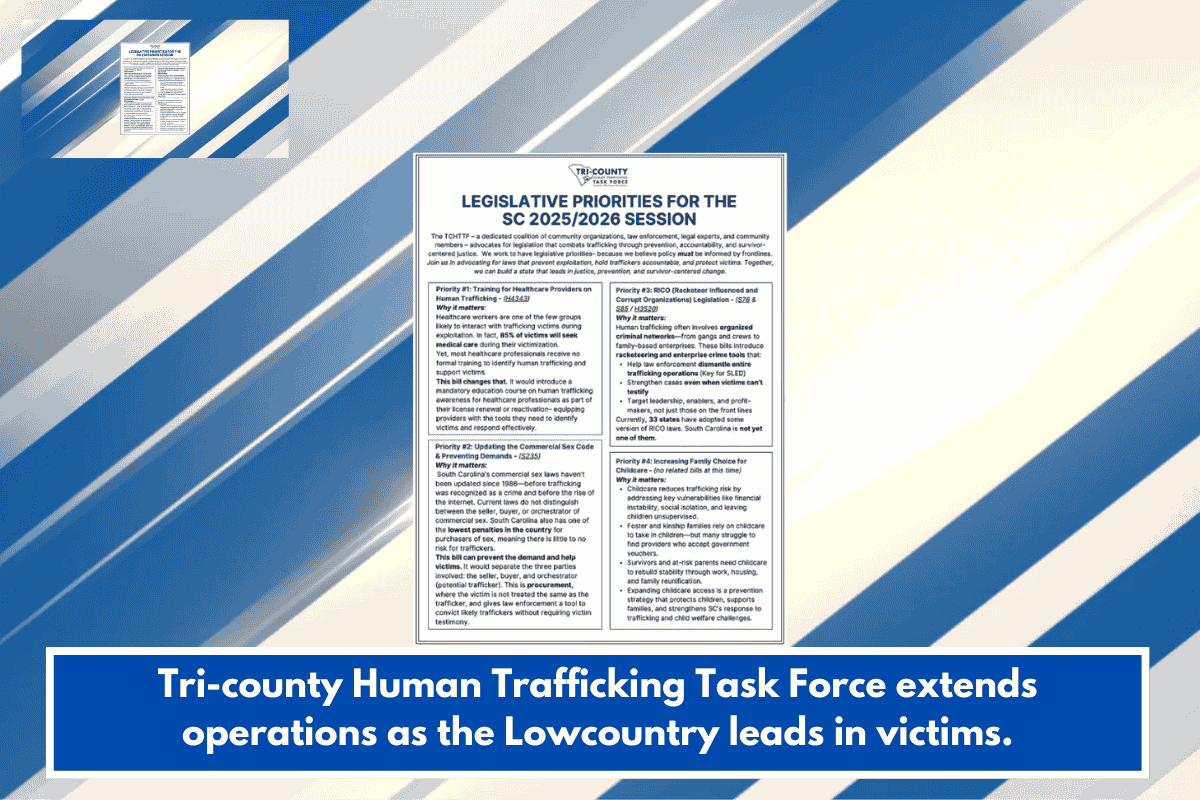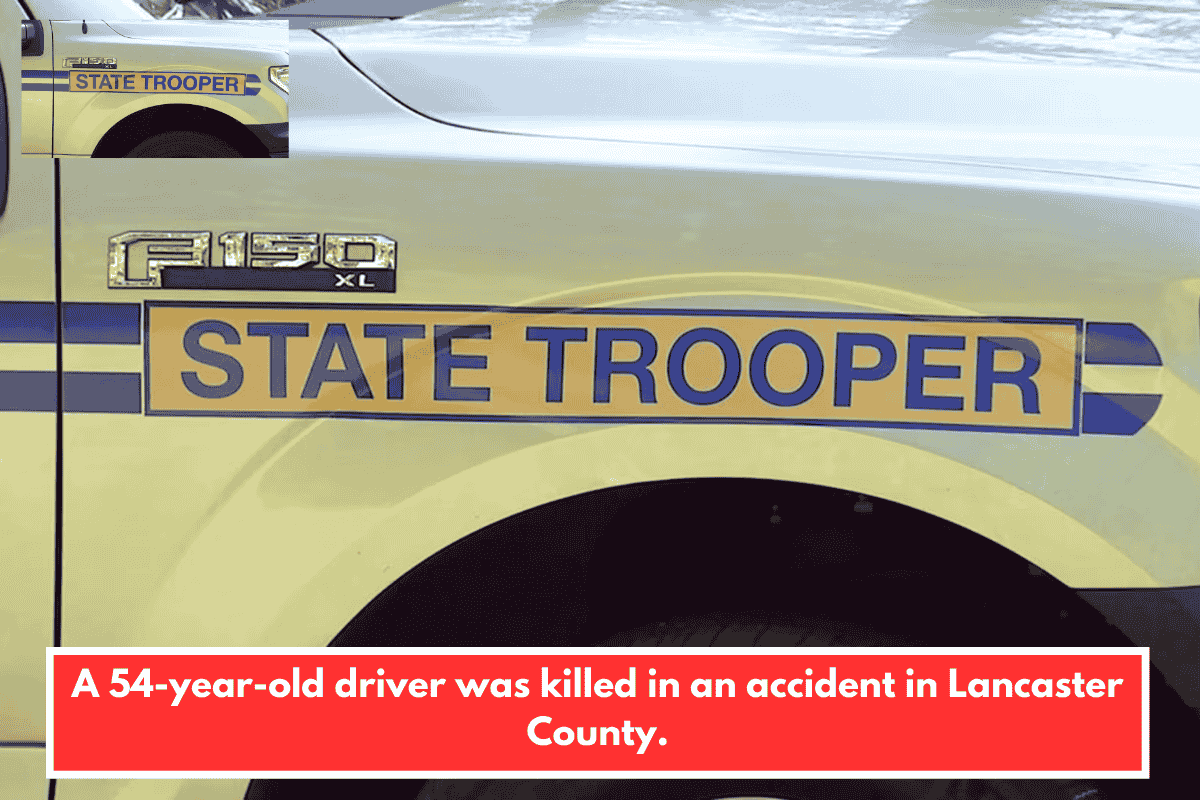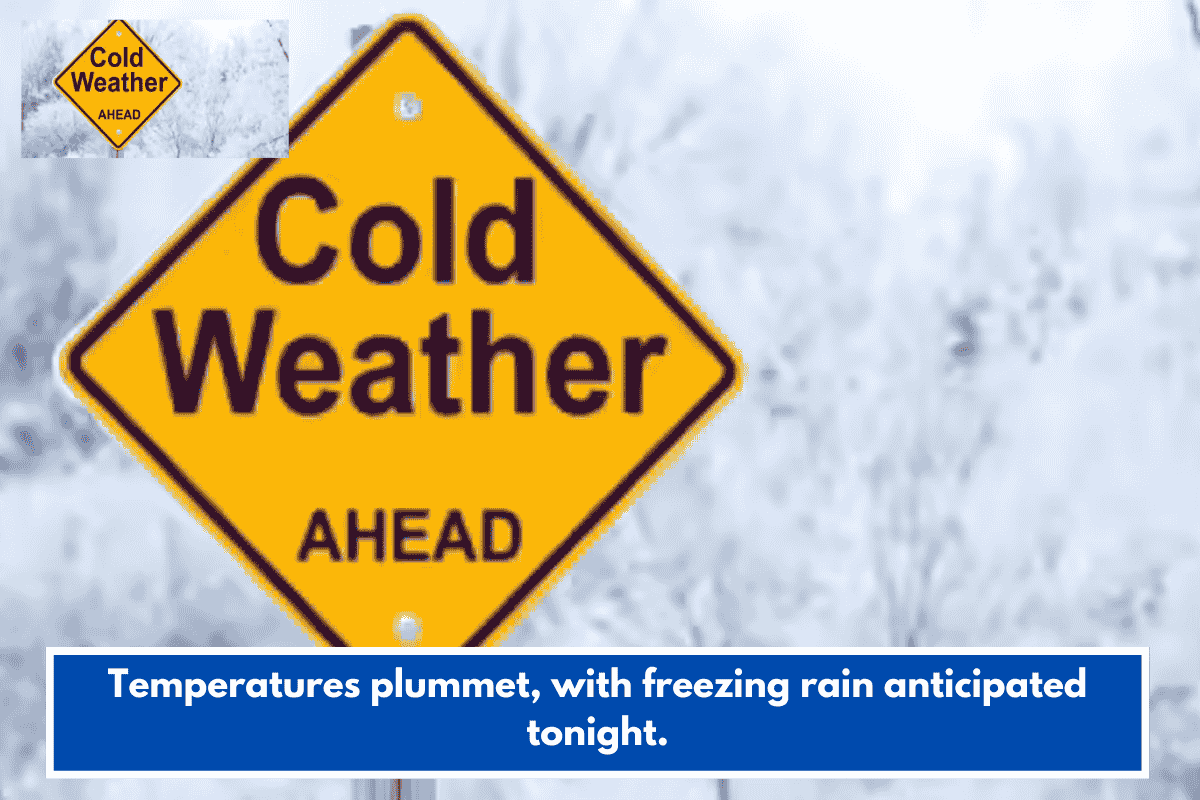If you’ve ever been pulled over during a traffic stop in West Virginia, you might have wondered whether the police can search your phone. While many people carry smartphones with them in their vehicles, it’s important to understand your rights and when law enforcement can and cannot access your phone. Here’s what you need to know about whether West Virginia police can search your phone during a traffic stop.
Can Police Search My Phone Without a Warrant in West Virginia?
In general, police cannot search your phone without a warrant unless certain exceptions apply. The U.S. Supreme Court ruling in Riley v. California (2014) established that police must have a warrant to search your phone, as it contains private and sensitive information. This ruling applies to all states, including West Virginia. Therefore, unless you consent to the search or there is an emergency situation, law enforcement must obtain a warrant to search your phone during a traffic stop.
When Can Police Search My Phone During a Traffic Stop?
- Consent:
If a police officer asks to search your phone and you voluntarily agree, they may conduct the search. Consent is a key factor in determining whether a phone search is legal. You have the right to refuse the search, and officers cannot force you to hand over your phone without a warrant unless there’s a clear and immediate need. - Probable Cause:
In some cases, police may be able to search your phone without a warrant if they have probable cause. This means there must be a reasonable belief that the phone contains evidence of a crime. For example, if the police suspect that your phone has evidence of illegal activity (like texts related to drug trafficking), they may have probable cause to search it. However, even in these cases, officers are usually required to obtain a warrant for a more thorough search unless the search is justified by exigent circumstances. - Exigent Circumstances:
Exigent circumstances occur when there is an immediate need to act to preserve evidence or protect public safety. For example, if an officer believes that evidence on your phone could be wiped or destroyed before they can obtain a warrant, they may act quickly to seize and search the device. These situations are rare and must meet very specific criteria.
What About Searching for Evidence Related to the Traffic Stop?
If the police pull you over for a traffic violation, they may only search your phone for evidence related to the traffic offense. For example, if you’re stopped for texting while driving, and the officer sees you have been texting on your phone, they may have the right to inspect your phone for texting records. However, this is usually limited to the offense at hand and cannot be used to search for unrelated evidence without a warrant.
What Should I Do If I Don’t Want Police to Search My Phone?
If you don’t want the police to search your phone during a traffic stop, you have the right to refuse. Politely inform the officer that you do not consent to a search of your phone. Here’s an example of what you can say:
“I do not consent to the search of my phone.”
You are not required to provide your phone to the officer unless they have a warrant, probable cause, or exigent circumstances.
Can Police Seize My Phone During a Traffic Stop?
While police may not search your phone without a warrant, they can seize your phone if they have reasonable suspicion or probable cause to believe that it contains evidence of a crime. For example, if you’re being arrested or if the officer believes the phone contains evidence related to the offense, they may confiscate the device and apply for a search warrant later.
Are There Exceptions for Driving Under the Influence (DUI) Stops?
If a police officer suspects that you are driving under the influence (DUI) of alcohol or drugs, they may request to search your phone if they have probable cause that the phone contains evidence related to the DUI. However, they would still generally need a warrant to access the phone’s contents unless there are exigent circumstances (such as the phone being locked and inaccessible, which could potentially impede the investigation).
In West Virginia, as well as throughout the United States, police generally cannot search your phone without a warrant during a traffic stop unless there are specific exceptions, such as your consent, probable cause, or exigent circumstances. If you do not want to allow a police officer to search your phone, you have the right to refuse, and it’s important to know that refusal is within your rights.
Always be aware of your rights and stay informed about how the law applies to situations like traffic stops. If you feel that your rights have been violated, it’s advisable to seek legal counsel to protect yourself.
SOURCES
[1] https://code.wvlegislature.gov/email/62-1A/
[2] https://www.304lawyer.com/blog/anonymous-tip-can-i-be-pulled-over-.cfm
[3] https://code.wvlegislature.gov/62-1A-10/
[4] https://www.courtswv.gov/sites/default/pubfilesmnt/2023-11/22945-DIS_0.pdf
[5] https://scottbrownlaw.com/traffic-stops-and-fourth-amendment-rights/














